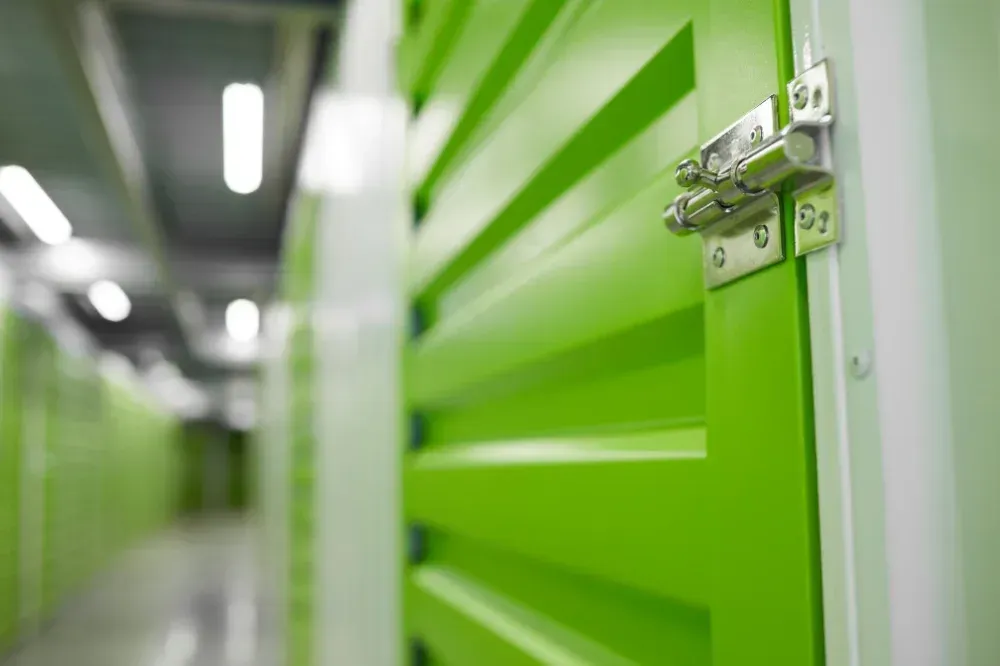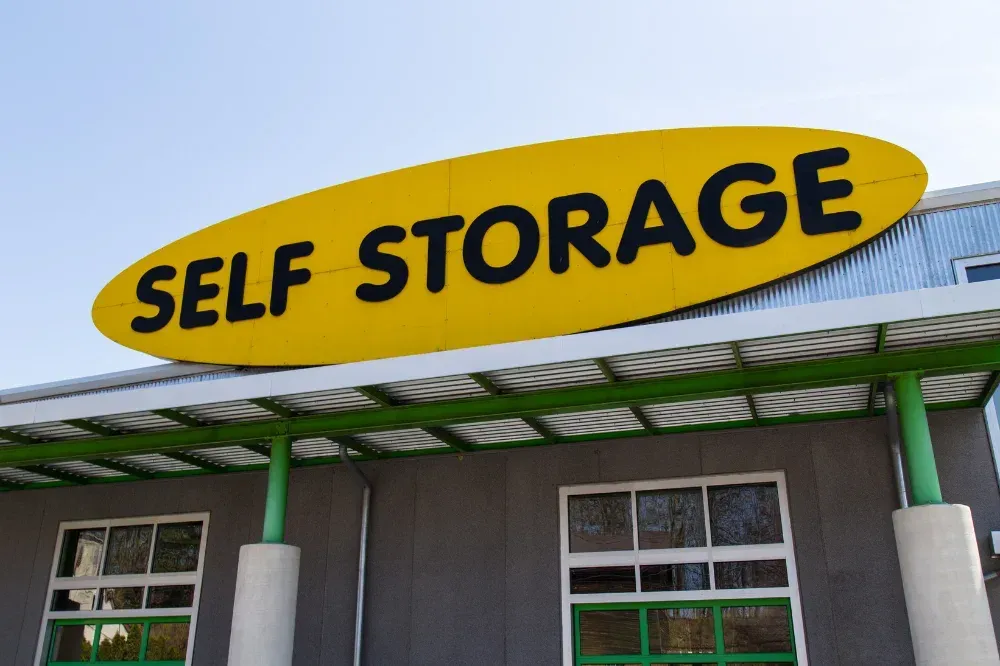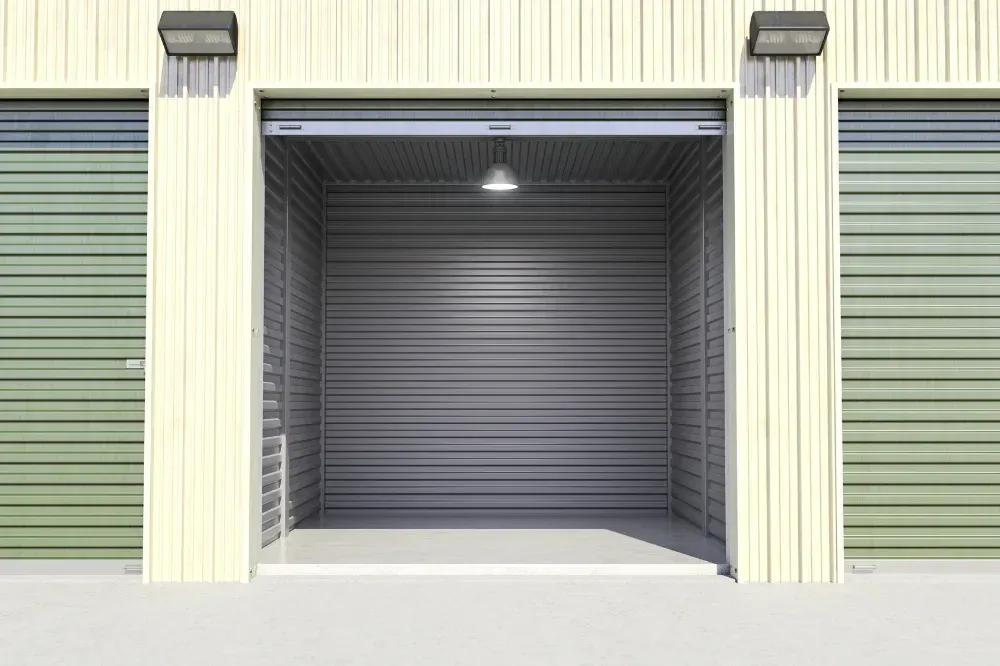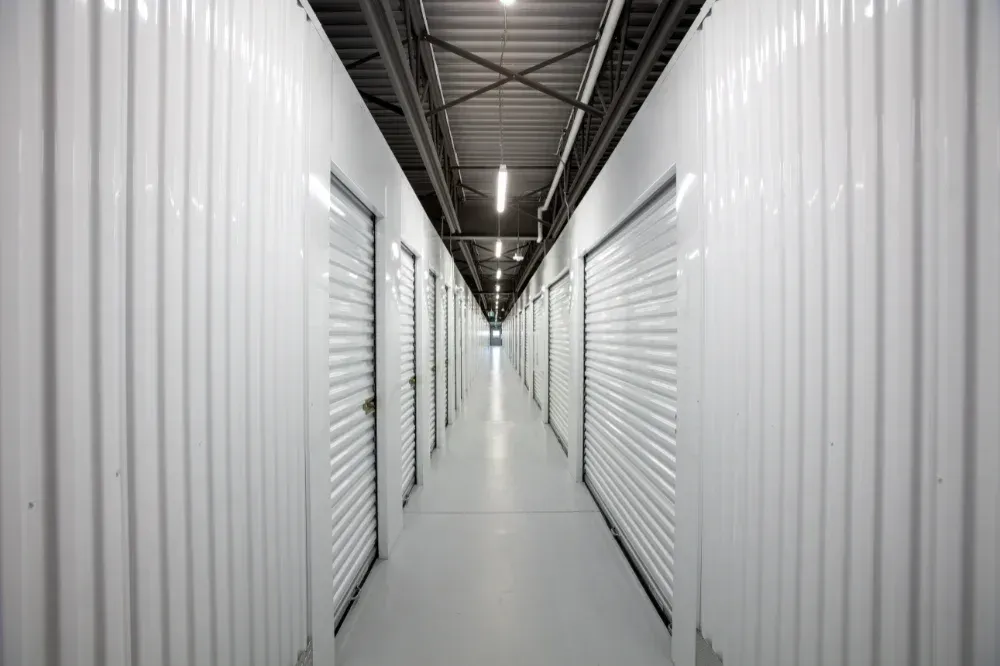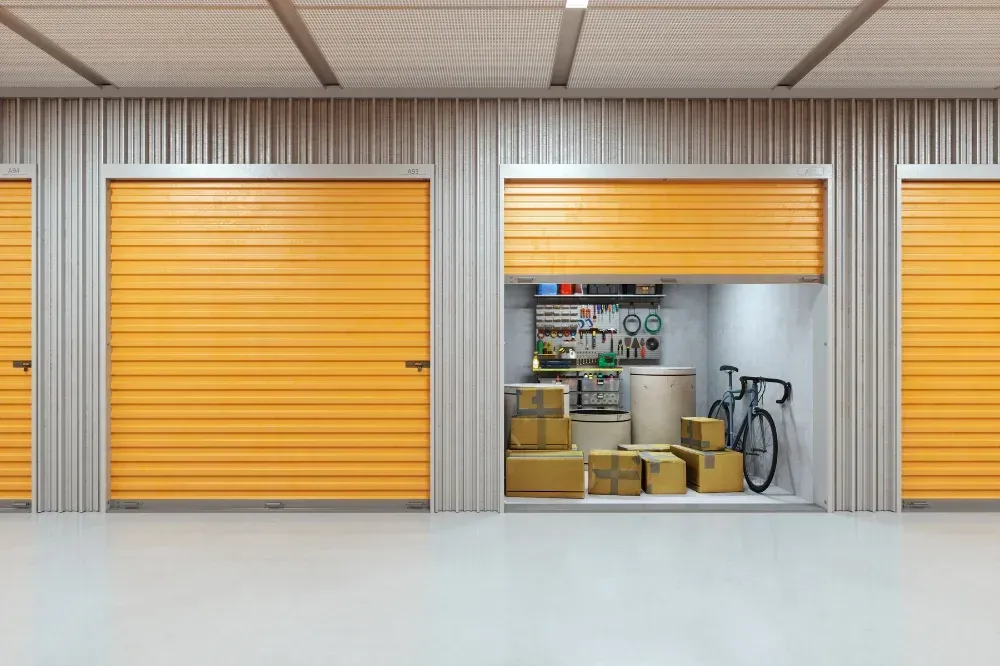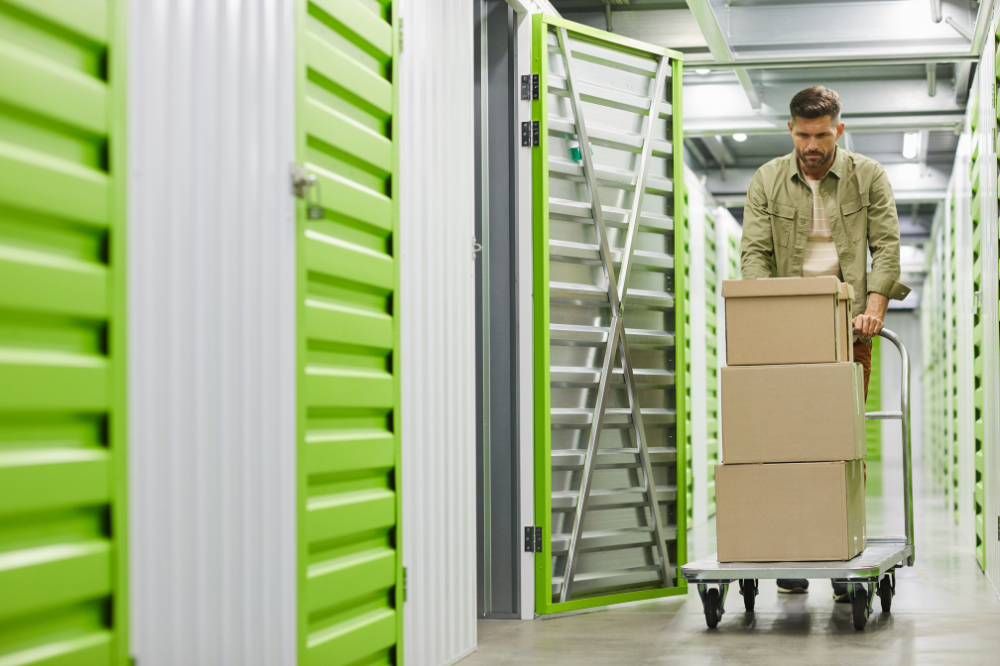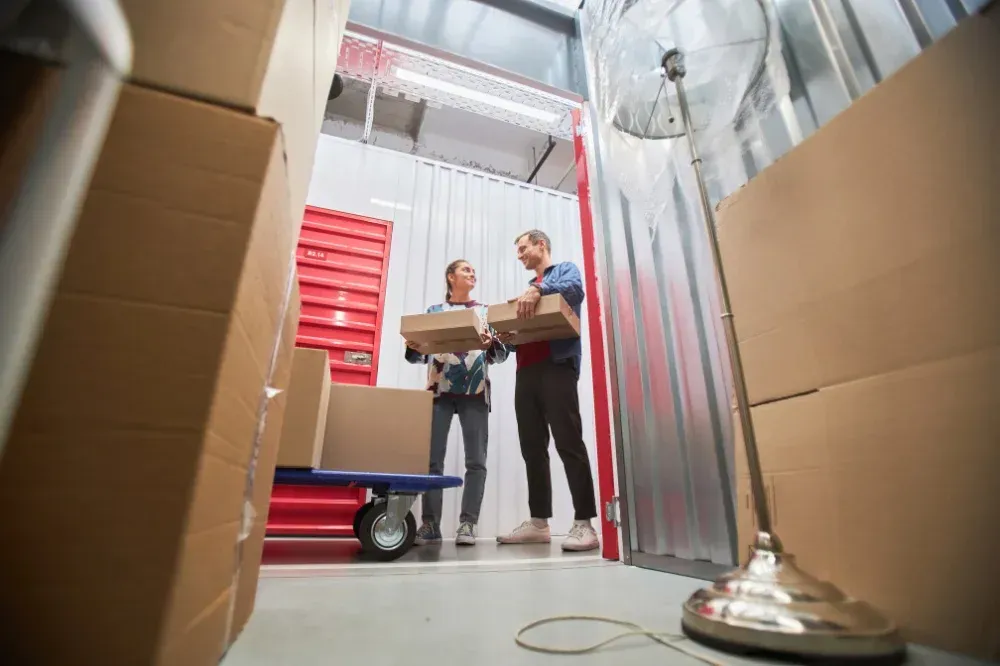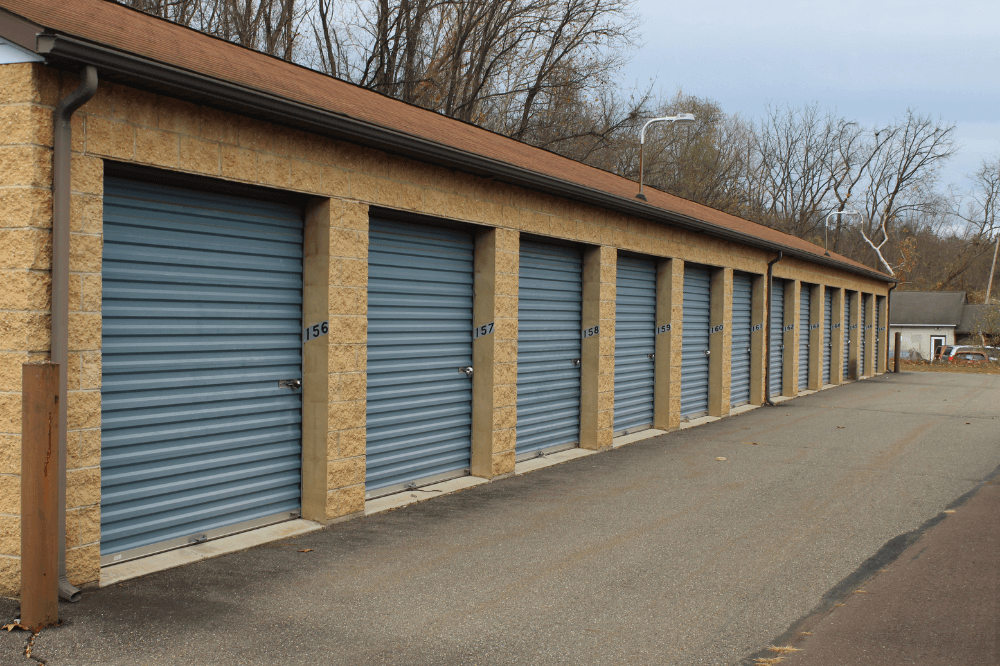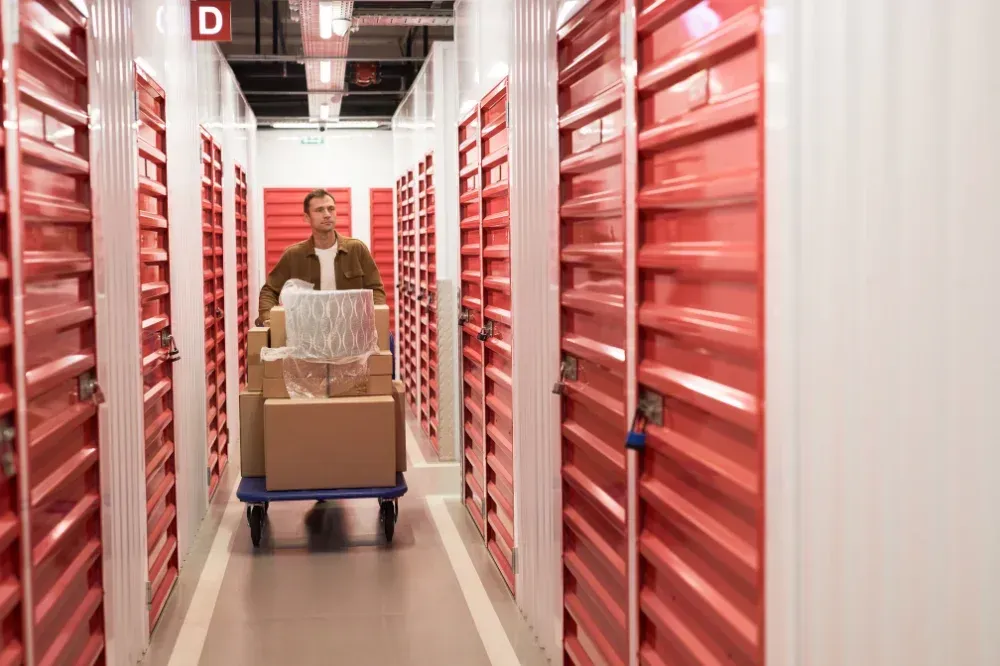Comparing Different Types of Storage: Self-Storage vs. Outdoor Storage
Comparing Different Types of Storage: Self-Storage vs. Outdoor Storage
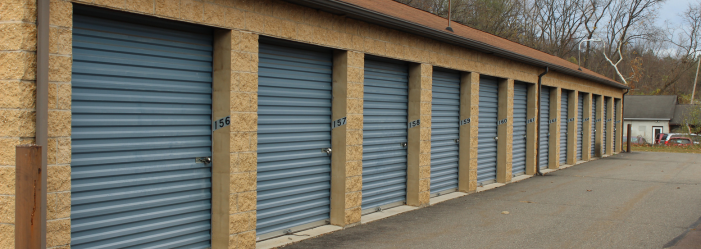
When it comes to storing your belongings, the variety of options available can make the decision process overwhelming. Self-storage and outdoor storage are two of the most common types of storage solutions, and each has distinct advantages. Whether you’re storing household items, business inventory, or large vehicles, choosing the right option depends on your specific needs. In this comprehensive guide, we’ll compare self-storage and outdoor storage to help you make an informed choice based on security, accessibility, cost, and the nature of your items.
What is Self-Storage?
Self-storage is a service that provides individuals and businesses with rented units inside a secure facility. These units come in various sizes, from small lockers to large spaces, designed to accommodate everything from personal items to business inventory. Self-storage units offer enhanced security features like gated access, surveillance cameras, and sometimes climate-controlled environments, making them suitable for sensitive or valuable items.
Benefits of Self-Storage
- Enhanced Security: Self-storage facilities often provide high-level security features to ensure the safety of your belongings. This includes 24/7 video surveillance, secure locks, on-site staff, and restricted access points.
- Climate Control: One of the most significant advantages of self-storage is the option for climate control. Climate-controlled units maintain specific temperature and humidity levels, which is ideal for sensitive items such as electronics, antiques, leather furniture, and important documents.
- Privacy & Accessibility: Self-storage offers a private space where you can store your items without concern for weather exposure or unwanted access. Many self-storage units are available with 24/7 access, allowing you to retrieve your items at your convenience.
Common Uses for Self-Storage
- Household Storage: Ideal for storing household items like furniture, seasonal decorations, clothing, and excess personal belongings.
- Business Storage: Small and large businesses use self-storage for keeping inventory, files, equipment, and other business-related items secure.
- Relocation Assistance: Self-storage is also a great solution for people in the process of moving. Whether transitioning between homes or staging items for sale, it provides temporary space during the moving process.
What is Outdoor Storage?
Outdoor storage is typically a more open, less enclosed space that offers a secure location for larger items. It may consist of a fenced lot or an open-air area that is either covered or uncovered. While outdoor storage is less climate-controlled, it provides a secure space for storing items that don't require protection from the elements.
Benefits of Outdoor Storage
- Cost-Effective: Outdoor storage is typically more affordable than self-storage because it doesn’t offer the same level of infrastructure, such as enclosed units or climate control options.
- Ideal for Large Items: If you need to store bulky items like vehicles, boats, RVs, trailers, or construction equipment, outdoor storage is the perfect solution. These items are better suited to open-air spaces where there is ample room to maneuver.
- Easy Accessibility: Outdoor storage provides direct, drive-up access to your items, making it an excellent choice for those who need quick and easy retrieval without navigating hallways or elevators.
Common Uses for Outdoor Storage
- Vehicle & Boat Storage: Outdoor storage is commonly used for parking vehicles, including cars, motorcycles, boats, trailers, and RVs. The spacious environment allows for easy maneuvering and parking.
- Construction Equipment Storage: Contractors and construction businesses use outdoor storage for storing heavy machinery, tools, and large equipment that wouldn’t fit in a typical self-storage unit.
- Seasonal Items: Outdoor storage is also well-suited for storing seasonal items like lawnmowers, patio furniture, and gardening tools. These items are durable enough to withstand exposure to the weather.
Key Differences Between Self-Storage and Outdoor Storage
- Cost: Self-storage is generally higher in cost, while outdoor storage tends to be more affordable.
- Security: Self-storage facilities offer high security with features such as surveillance cameras and gated access. Outdoor storage offers moderate security, typically with a fenced lot and some surveillance.
- Protection from Elements: Self-storage units are typically enclosed and may include climate-controlled options to protect sensitive items from temperature and humidity. In contrast, outdoor storage exposes items to the weather with minimal protection.
- Best For: Self-storage is ideal for household goods, valuables, and small business inventory. Outdoor storage is better suited for larger items such as vehicles, boats, and heavy equipment.
- Accessibility: Self-storage units require facility entry and may involve navigating hallways or elevators, while outdoor storage offers direct drive-up access to retrieve your items quickly and easily.
Factors to Consider When Choosing a Storage Option
- Budget: Self-storage is typically more expensive than outdoor storage due to additional features such as climate control and higher security levels. Outdoor storage is generally more affordable, making it a suitable option for those on a budget.
- Type of Items Stored: If you're storing delicate, valuable, or climate-sensitive items like electronics, artwork, or furniture, self-storage with climate control is the ideal choice. On the other hand, outdoor storage is better suited for items that can withstand exposure to the weather, such as vehicles and machinery.
- Frequency of Access: If you need quick access to your belongings, outdoor storage allows for easy drive-up access. In contrast, self-storage units may require more effort to access, as you typically need to enter a building or facility.
- Duration of Storage Needs: If you need long-term storage for sensitive items, self-storage provides a more secure and climate-controlled environment. Outdoor storage is often best for short-term or long-term storage of durable items like vehicles, boats, and construction tools.
Which Storage Option is Best for You?
The right storage option depends on what you're storing, how often you need access, and your budget. If you're looking to store valuable, delicate, or climate-sensitive items, self-storage with climate control is the best choice. However, if you have larger items like vehicles, boats, or construction equipment, outdoor storage provides the space and affordability you need.
Tips for Maximizing Your Storage Space
- Label Boxes Clearly: Label all boxes and containers so you can easily locate specific items when needed.
- Use Shelving: Take advantage of vertical space by using shelving to stack items and keep your storage area organized.
- Protect Items Properly: For added protection, use plastic bins or protective covers for items vulnerable to dust, moisture, or pests.
Conclusion
Choosing the right storage option is crucial for keeping your belongings safe and accessible. Self-storage is ideal for climate-sensitive and valuable items, offering enhanced security and easy access. Outdoor storage, on the other hand, is perfect for large items like vehicles, boats, and machinery, offering a more cost-effective solution. By considering factors such as budget, security, and item type, you can make an informed decision that best meets your storage needs.
FAQs
- Is self-storage more secure than outdoor storage?
Yes, self-storage typically offers higher security features, such as surveillance cameras, alarms, and restricted access. - Can I store a vehicle in a self-storage unit?
Some self-storage facilities offer large, enclosed units designed for vehicle storage, though outdoor storage is usually a more common choice for storing vehicles. - How much does outdoor storage typically cost?
Prices vary based on location and the size of the space, but outdoor storage is generally more affordable than self-storage due to fewer amenities. - What items should not be stored in outdoor storage?
Avoid storing electronics, furniture, or any other items sensitive to weather conditions in outdoor storage. - How do I decide between self-storage and outdoor storage?
Consider the items you're storing, your budget, how often you need to access them, and the length of time you need storage before making a decision.

